
In the UK, Forex trading is booming, and forex brokers are profiting more than ever. So are you interested in knowing how to start forex trading in the UK? Once you know how to start forex trading in the UK, you will comprehend why it is so important and popular. Forex trading is exchanging of currency from one form to another.
Let’s get on board to know everything about Forex Trading and how to start forex trading in the UK.
What is Forex Trading?
So first, let’s get familiar with the term forex trading. Forex trading is popularly known as foreign exchange or FX trading. Forex is the changing of one country’s currency to another. Due to the global reach of trade, commerce, and finance, forex market happens to be the biggest and most liquid asset markets in the world.
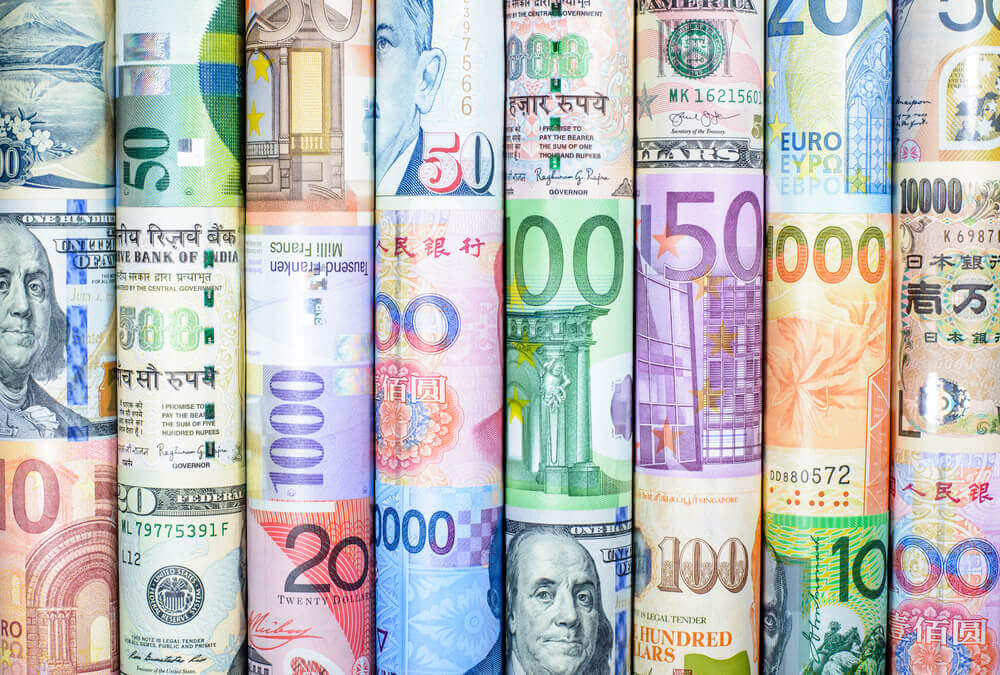
The currency value is decided according to the laws of supply and demand in a free economy. Explaining it in other words, a currency rate can be changed or pegged into another country currency like the UK pound sterling or US dollar or further collection of currencies. The government can also set a country’s currency exchange rate.
We usually exchange currency in airports, banks, or other places whenever we travel to a different country with a foreign currency. But FX trading is wholly done for business purposes.
To be more precise, forex trading is when you use one currency to buy another currency. Then you have to wait for the exchange rate to increase in value and trade back the currency to gain more money than you originally traded. Therefore, foreign exchange trading is one of the most profitable and active markets in the world.
Moreover, each company and bank carry out nearly £4.8 trillion worth of forex transactions every single day. While this is one of the profitable businesses to invest in, it can be fairly tricky without clear knowledge. It is also risky depending on the amount of money you are going to invest.
Is Forex Trading Legal in the UK?
Forex business is entirely legal in the UK. Alongside the US, the UK’s laws and regulations of governing forex trading are the toughest in the world. In general, the Financial Conduct Authority (FCA) is the governing body responsible for overseeing the UK forex market. Therefore, the regulatory and judicial conditions are the reasons why the UK forex brokers have been at the head of the line.
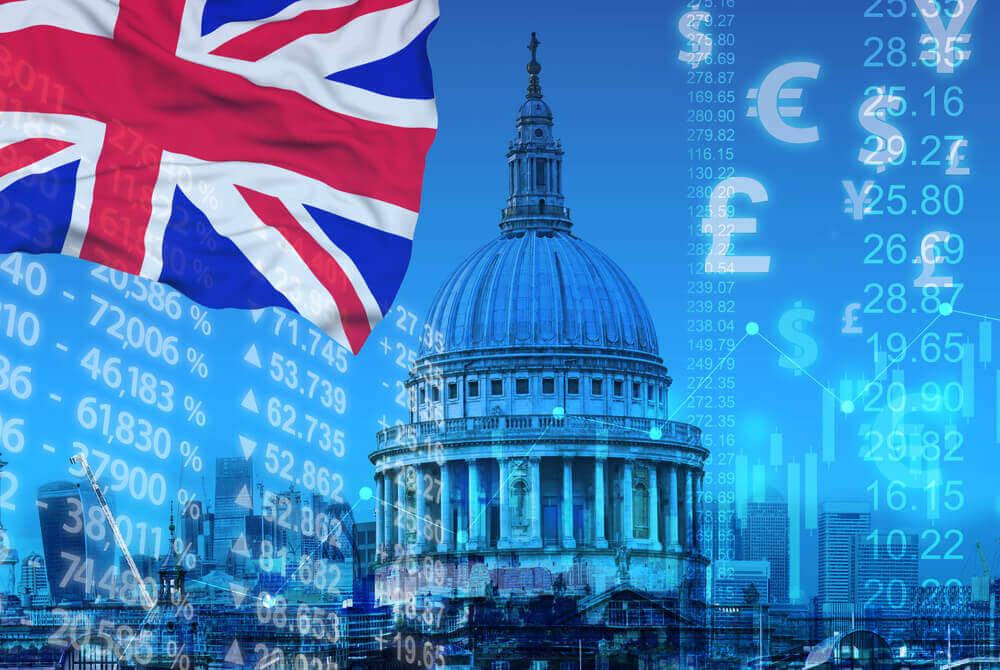
Moreover, all brokers who are accepting UK traders must get their licence from the FCA. The FCA regulates the broker so that traders can trust them and invest their money. This also reduces the risk of any scams and also protects the capital if any broker goes into liquidation. As a result, the UK brokers are best for their customer services, helping traders making the maximum profit each day, and they are dedicated to keeping transactions secure.
What Can You Expect From Forex Trading?
We have said that Forex trading is very profitable and popular. Before we get into how to start forex trading in the UK, let’s know what you can expect in this business and how it will benefit you.
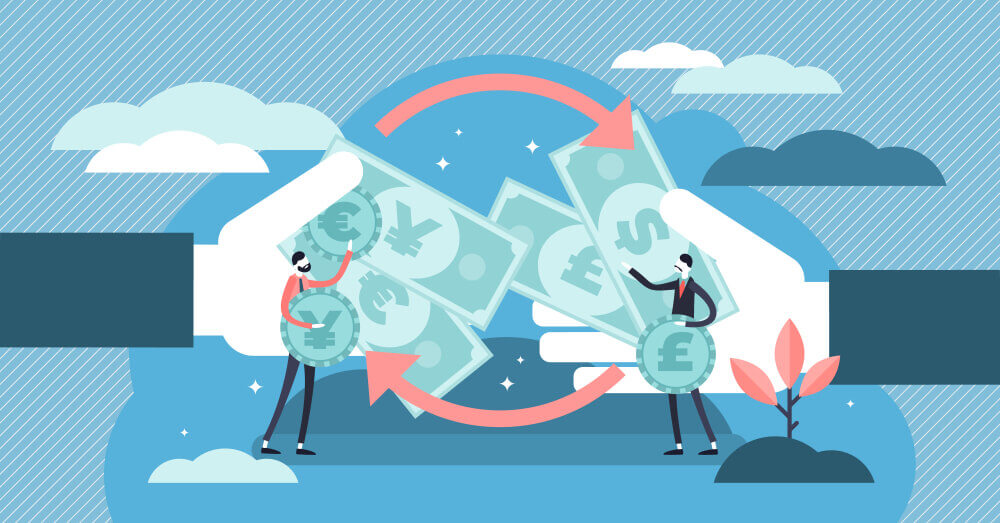
1. You can Make Money in the Time of Crisis
If you’re looking for the answer to how is Forex trading profitable. Stock markets and commercial bank deposits can go into depression during a market crisis, but you can still profit from forex trading in the time of crisis. Forex trading is profitable because you can change into any currency to make profits. Whether the market is falling or developing, forex trading is profitable in both cases.
2. You can Trade from Anywhere.
You do not need to be in any constant physical place to start forex trading. In order to start making money through forex trading, all you need is a computer or smartphone with a good internet connection. After that, the workplace and goals are completely free for you to decide.
3. You can Start Trading for only £100.
In the forex market, there is a table for almost all kinds of traders. You do not need a big investment to take part in Forex, unlike other financial trading. You can start off with £100. Because this amount is easily affordable for many traders and doesn’t bring them unnecessary loss or risk.
4. The Rules are Easy.
Mainly, the forex works with 8 basic currencies, wherein stock market, you have to deal with many shares. Furthermore, the factors that influence currency exchange rates are comparatively fewer than the stock market.
5. Take your Money Whenever you want to.
You can sell and buy currencies at any time. The forex market makes a trade of £4.8 trillion every day which makes it easier for traders to buy and sell currencies whenever they want to. It’s a 24/7 market.
What are the Factors Affecting the Currency Value?
The rate or value of any specific currency is dedicated depending on the market force that is based on trade, investment, tourism, and geopolitical factors. Furthermore, foreign exchange is processed globally among banks, and all kinds of transactions fall chiefly under Bank for International Settlements (BIS).
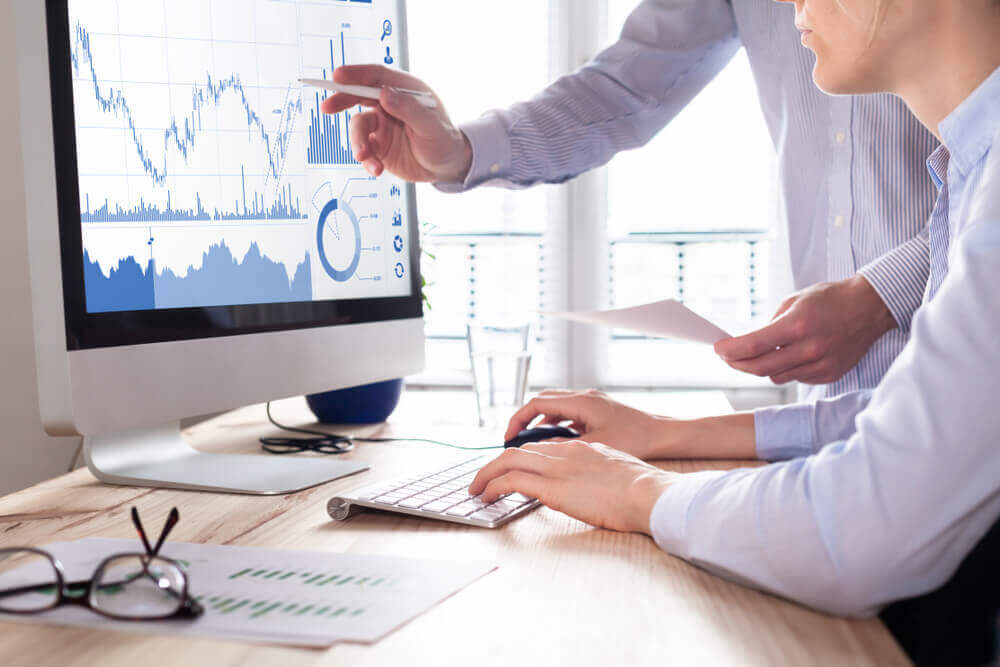
Similarly, there are many other factors that affect individual currency exchange value each day. Some of these factors are:
1. Economic Data
Currency value reflects the economic health of their native country. Therefore, some economic data like inflation, unemployment numbers, foreign trade, or payroll numbers often contribute to the fluctuation in forex trading.
2. Central Banks
One of the biggest influences on fluctuation in currencies in forex trading comes from the central banks. Central banks do so by changing interest rates and printing more money. Furthermore, they may sell and buy their currency in order to keep it trading within a certain level.
3. Politics
Political uncertainty can affect the currency market. For example, the US dollar is a popularly used currency for the exchange, but in times of trouble or political crisis, the dollar price may rise.
How Currencies are Traded?
In order to know how to start forex trading in the UK, let’s give you a basic understanding of how the currencies are traded. Firstly, all currencies have a three-letter code assigned to them. There are above 170 currencies in the world, and the vast majority of forex trading uses US dollars.
Firstly, the three-letter code for the US dollar is USD. The second popular currency in the forex market is the euros (code: EUR). The United Kingdom currency is the British Pound Sterling, and its code is GBP. Moreover, this currency is accepted in the 19 countries of the European Union.
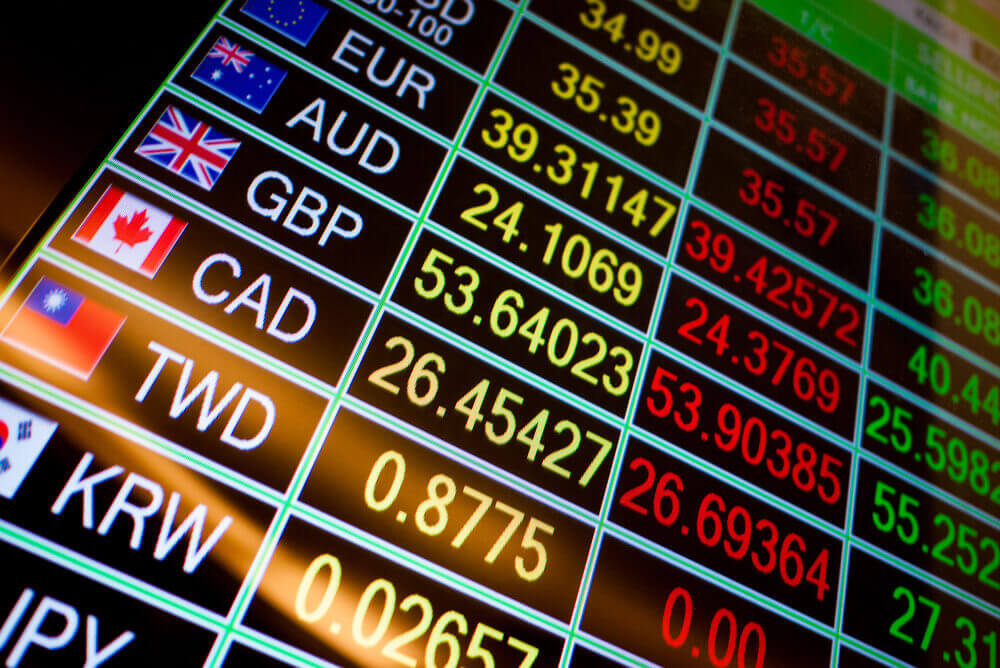
Every forex trading is shown in a combination of two currency pairs that are being exchanged. The following are the major currency pairs along with their nicknames.
Currency Pair in Code | Currencies in the Pair | Nickname |
EUR/USD | Euro and US dollar | Fiber |
USD/JPY | US dollar and Japanese yen | Gopher |
GBP/USD | The British pound and US dollar | Cable |
USD/CHF | US dollar and Swiss franc | Swissie |
AUD/USD | The Australian dollar and US dollar | Aussie |
USD/CAD | US dollar and Canadian dollar | Loonie |
NZD/USD | New Zealand Dollar and US dollar | Kiwi |
GBP/EUR | The British pound and euro | Chunnel |
EUR/CHF | Euro and Swiss franc | Euro-swissie |
EUR/JPY | Euro and Japanese yen | Yuppy |
What are the Ways to Trade Forex?
As we have seen earlier, foreign exchanges are not only done for the purpose of trading. They can also be done for many other reasons. As a result, there are three different ways of Forex trading, which gives traders different kinds of goals.
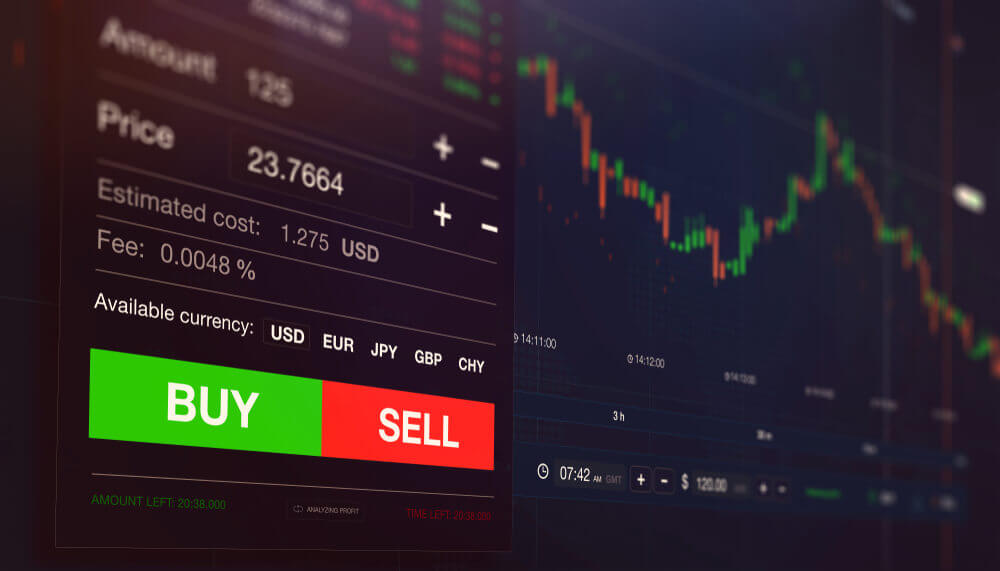
1. The Spot Market
This is the primary forex market. Here, currency pairs are traded, and the exchange rate is decided in real-time based on supply and demand.
2. The Forward Market
A forward exchange market is a contract-based market that ensures the future delivery of a foreign currency at a specified exchange rate. Forex traders can get into a binding (private) contract with another trader and fix an exchange rate for an agreed amount of currency on a future date.
3. The Future Market
Forex futures market is where the exchange-trade currency derivative contracts bound the buyer and seller to do the transaction at a set price and time. Hedging, a risk management process that reduces the risk created by currency fluctuations, and speculation, in order to generate profits, are the two main uses for future market.
A forex trader basically uses the forward and futures market to speculate or hedge against any upcoming price change in currency. Mostly, the exchange rate depends on what is happening in the spot market. Furthermore, the spot market is the largest forex market where the majority of forex trading occurs.
Some Common Terms Used in Forex Trading?
Every market has its own language, and therefore, the forex market also has its language. We have already come to one of these terms above, which is currency pairs. However, there are more like this, which we will discuss below:
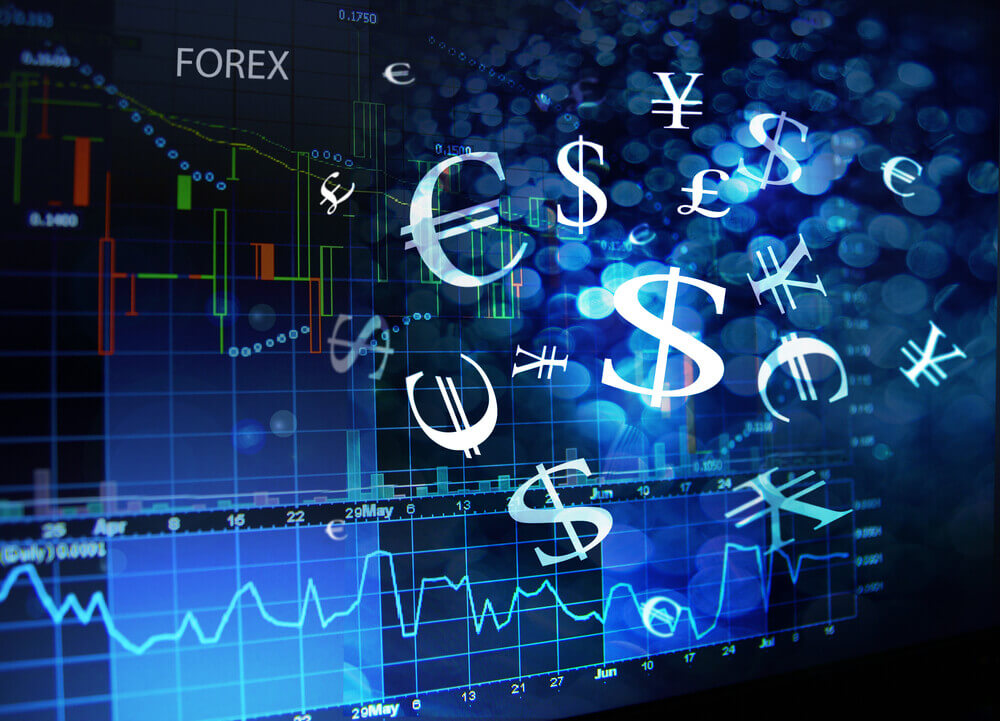
1. Base and Quote Currency
The currency you are spending is the base currency. Similarly, the currency that you are purchasing is known as the quote currency.
2. Pip
It is the acronym for percentage in points. It refers to the smallest possible price change within a currency pair. As forex price is quoted in at least four decimal places, the lowest pip is 0.0001.
3. Bid-ask spread
Exchange rates are decided by the maximum buyers want to pay for a currency or bid and the lowest amount a seller needs to sell or ask. Bid-ask spread is the difference between the two amounts, and the value at which the ultimate trade will be executed.
4. Lot
Forex is traded in lots or with standardised units of currency. The general lot size is 100,000 units of currency. But there are micro (1,000) and mini (10,000) lots available for trading as well.
5. Leverage
Due to the large lot sizes, many traders don’t want to trade so much money to make a trade. Leverage is, therefore, another term for borrowing money that helps traders to take part in the forex market without the amount of actual money that is otherwise necessary.
6. Margin
But leverage doesn’t come for free. Instead, traders need to deposit some money upfront, and it is known as margin.
How to Start Forex Trading in the UK?
You have gathered some basic ideas of the forex market and the specific term that is necessary to start forex trading. Now we have come to the long-awaited part, you want to learn how to start forex trading in the UK. If you get to know the basic laws of forex trading and how it works, it won’t be so complicated as you might be thinking of it right now.
Here are some of the necessary steps you must go through to start forex trading in the UK:
1. Educate Yourself
It is very important for you as a beginner to have the proper forex trading education. There are very helpful books, courses, news sites, and webinars that can help you understand useful insight into the forex marketing world.
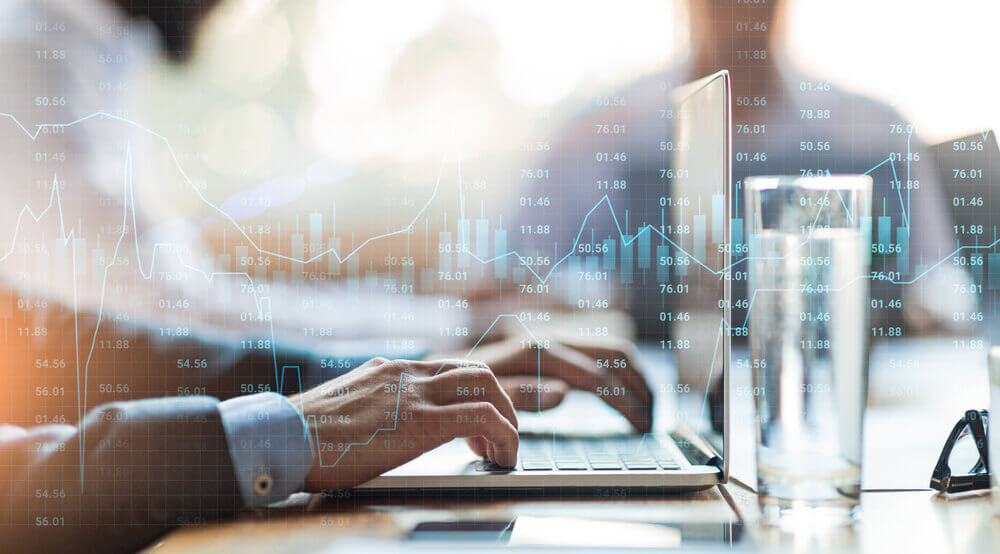
Forex Trading Diploma Video Course can help you train in forex trading and get all the professional industry knowledge. With the help of this course, you will be able to establish successful forex trading skills and strategies. It will also make you prepare and understand the tolerance, discipline, patience, and flexibility that comes with the forex trading business.
2. Choose Your Broker
As a beginner, you need to find the reliable and best brokerage company. As we know, there are different accounts trading forms to choose from. Therefore, a trustworthy brokerage firm is what you need. So take your time to do research and find the best broker to open an account for forex trading.

Find a broker, someone who has ten years or more of experience in this industry. Companies with reputation and experience know how to take care of their clients and help you make decisions. Make sure that a major governing body regulates the brokerage. For the United Kingdom, the best one is Financial Conduct Authority (FCA). If your broker submits to the government or a well-known governing body, rest assure that they are honest and transparent.
Once you have chosen a brokerage, request information on opening an account. You can choose to open a personal or a managed account. On the one hand, with a personal account, you can make your own trades. On the other hand, with a managed account, your broker will do the trades for you.
Complete your paperwork. You can ask for it through mail or email. Also, do not forget to check on the cost of transferring the money from your bank account to the brokerage account, as the fees will cut your profits.
Lately, activate your forex trading account. Generally, the broker will email you a link to activate your account. If so, then click the link and follow the instructions and start your trading.
3. Choose your Currency Pair
As a beginner, most traders choose one of the three major currency pairs – EUR/USD, USD/JPY, and GBP/USD. But if you want, you can trade any currency pairs that are present according to your brokerage. For example, if you trust that the UK economy will continue to weaken, which is bad for the British pound sterling, then you probably want to sell pounds in exchange for the currency of a country where the economy is strong.
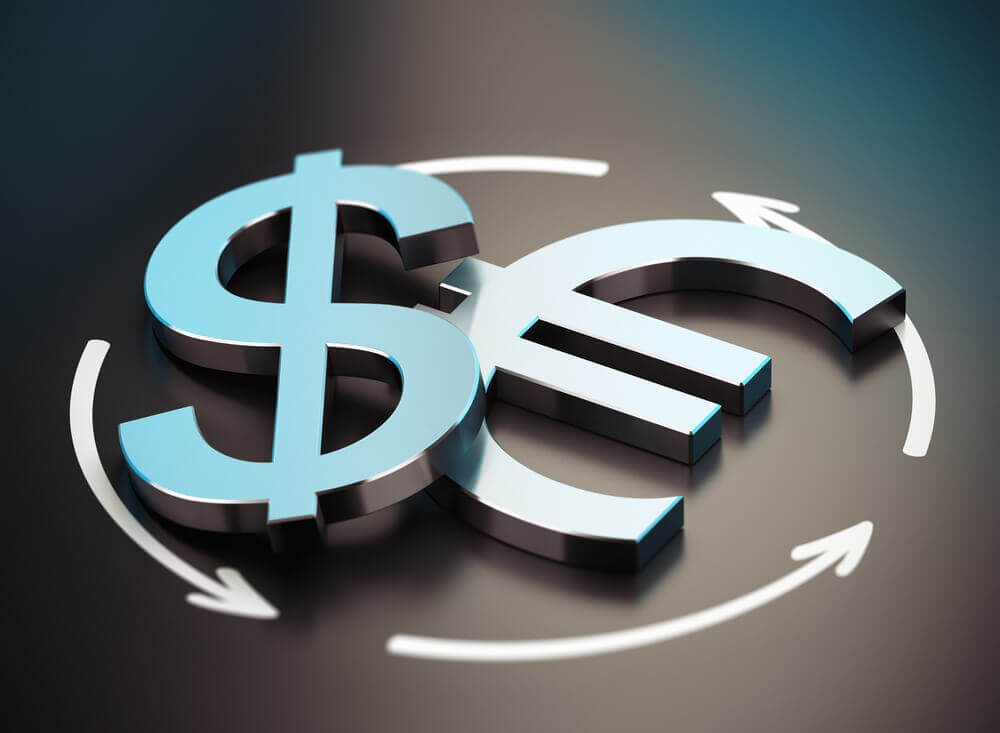
Before choosing a currency pair, look at the country’s trading position. If the country has many goods and services that are offer and in demand, that means the country is likely to make money by exporting its goods. As a result, it will boost the country’s economy along with the value of its currency.
4. Analyse The Market
Analysing the market is important to decide if you are going to go long or short and form a strategy. You can analyse current or historical charts, monitor the news for any economic changes. You can also try to predict the mood of a market and see how things go and trade according to it.
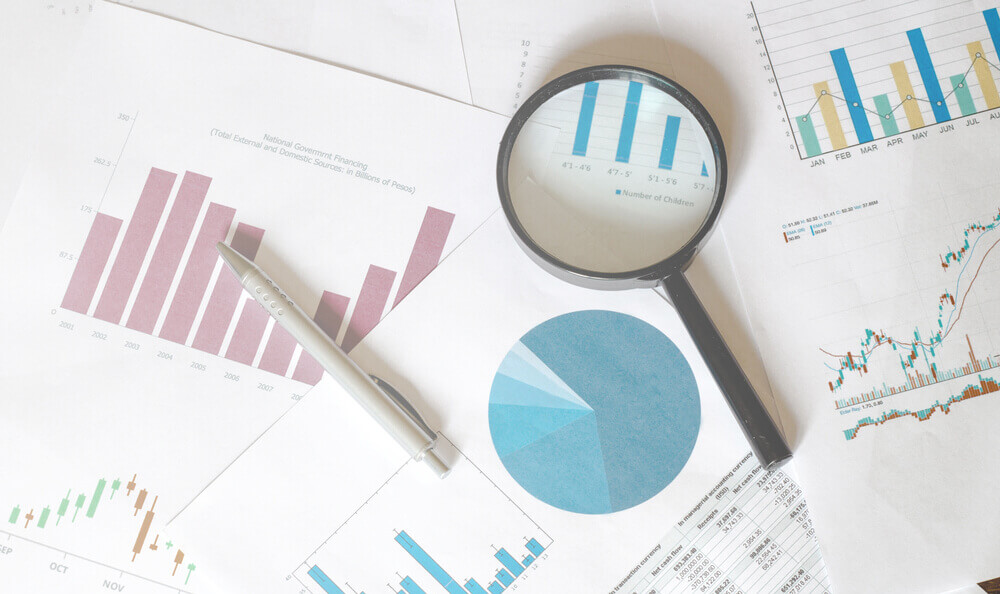
5. Read the Quote
One of the regular things you have to do is read a forex quote. There are two numbers on a forex quote. The bid price is on the left and the asking price on the right. The left side price is when you can sell the currency pair, and the right side price is when you can buy a currency pair. The difference between this is known as the spread, which is the amount a dealer charges to make the trade.
6. Place Your Order
You can place different kinds of orders. For example, you can choose from a market order, limit order, and stop order. Firstly, in a market order, you can instruct you or your broker to execute the buy/sell according to the current market rate. Secondly, through limit order, you can execute a trade at a certain price. Lastly, by stop order, you can buy a currency above market price or sell a currency below market price.
Start Forex Trading in the UK!
Monitor your profit and loss. Above all, do not make decisions emotionally or on a whim. The forex market is volatile, and there are lots of fluctuations. The best thing is to continue doing your research and sticking with your strategy. You will find profit eventually. You know the basics of how to start forex trading in the UK. To have complete forex training, join today on Forex Trading Diploma Video Course.
Approved Course Centre
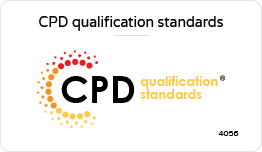
Our Courses Partners

Registered with the UK Register of Learning Providers (UKRLP)
UKPRN: 10063816

0 responses on "A Beginners Guide on How to Start Forex Trading in the UK"